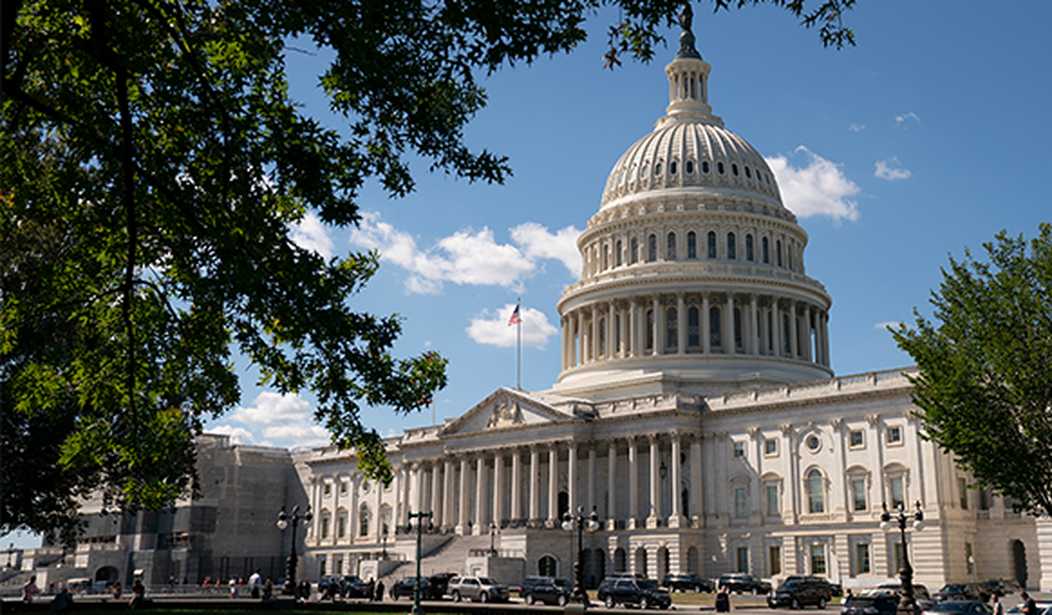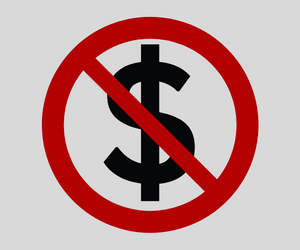The Biden-Harris Administration announced in an executive order issued in late January that it will reopen Affordable Care Act enrollment for a special emergency signup period which lasts through May 15, 2021. During this time, American families without access to healthcare will be able to browse and purchase health insurance plans through HealthCare.gov.
For over 14 million Americans who lost their employer-sponsored health coverage during pandemic-related layoffs and find themselves struggling to keep up with temporary COBRA payments or without health coverage completely, the open enrollment period is an opportunity to secure long-term and affordable health coverage. However, for many, the healthcare programs offered on the government-run healthcare marketplaces do not meet their needs or simply cost too much.
While Biden’s plan for a special open enrollment period will offer Americans in need of immediate access to healthcare programs a chance to get signed up, for too many Americans, those healthcare programs do not align with their values or fit their budget. Luckily for those individuals and their families, the Affordable Care Act includes a provision which grants exempt status to members of a healthcare sharing (healthshare) program, such as Share HealthCare. These non-profit, Christian-based organizations operate on the biblical principle of bearing one another’s burdens to facilitate the voluntary sharing of medical expenses between members and operate outside of the regulation that govern the healthcare exchange. And since they’re exempt, members of these organizations do not face any tax penalty if they live in a state with an Individual Mandate currently in place.
Healthcare sharing programs do not operate in the same fashion as health insurance and for many of their members, that’s exactly what they like best about them. In healthcare sharing programs, participants who hold the same set of religious beliefs contribute a monthly gift to a healthcare sharing ministry which is used to pay the eligible medical expenses of fellow members. Then, when the member incurs a medical expense, those eligible bills are paid by the ministry using the gifts of other members – a true, real-life example of bearing the burdens of their fellow brothers and sisters in God.
While healthcare sharing ministries offer members a way to pay for their medical expenses that also aligns with their religious beliefs, the affordable price is also an attractive aspect for many who join. For example, according to a recent study by eHealth, the average price for an individual healthcare program on the marketplace is $456 per month. Meanwhile, the healthcare sharing program offered by Share HealthCare starts at $149 per month for individuals and at $299, even the most comprehensive program for individuals comes in under the average benchmark marketplace plan.
Recommended
Medical cost sharing simplifies the patient/provider relationship to make healthcare personal, practical, and affordable. When healthshare patients visit their doctor, they check-in as a self-pay patient, provide their healthshare membership card, and the doctor bills the healthshare directly. After the visit, the healthshare negotiates on behalf of the patient for a lower bill. The patient pays a portion on their own (if they have not met their out-of-pocket limit yet), and healthcare sharing ministry shares the rest. Many providers are relieved to avoid common healthcare industry bureaucracy and the expenses that come with it and will apply a discount immediately.
Patients who join a healthcare sharing program are frequently surprised by the degree of autonomy and direct participation offered by healthshare programs. Leading the way in this regard is Share HealthCare, whose FDIC-insured online cost sharing platform is the first and only program of its kind for instantaneous healthcare sharing transactions. Like all healthshares, Share HealthCare has no “network.” Many patients continue to visit the same doctors, hospitals, and specialists as before and the provider can either bill Share HealthCare directly or the member can submit their bill to Share HealthCare for reimbursement.
Though the Biden administration’s plan reverses the Trump-era cuts targeting the Obamacare marketing budget, the increased publicity does little to address the rising costs which threaten to leave millions of middle-class families in the precarious position between wanting healthcare but being unable to afford it.
As non-profit entities, healthcare sharing ministries such as Share HealthCare are committed to maintaining complete financial transparency. All healthcare sharing ministries undergo annual audits to guarantee that funds are used in accordance with the ministry’s guidelines for the reimbursement of costs attached to medically-necessary procedures as established in the ministry’s Statement of Shared Beliefs–a gesture of accountability unheard of in the healthcare marketplace.
Though reopening the healthcare marketplace is sure to reignite the debate over the American healthcare system and will provide health insurance to those able to afford it, it fails to address the issues of stagnant wages and income inequality that keeps even the hardest working Americans from being able to afford quality healthcare. For those working- and middle-class American families for whom even a marketplace plan is too expensive, healthcare sharing ministries like Share HealthCare provide an affordable and compassionate alternative to employer-sponsored health insurance.


























Join the conversation as a VIP Member